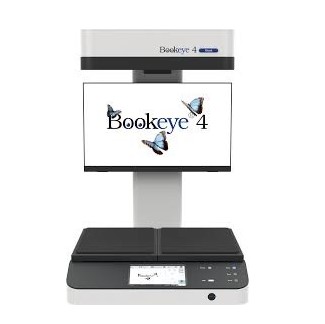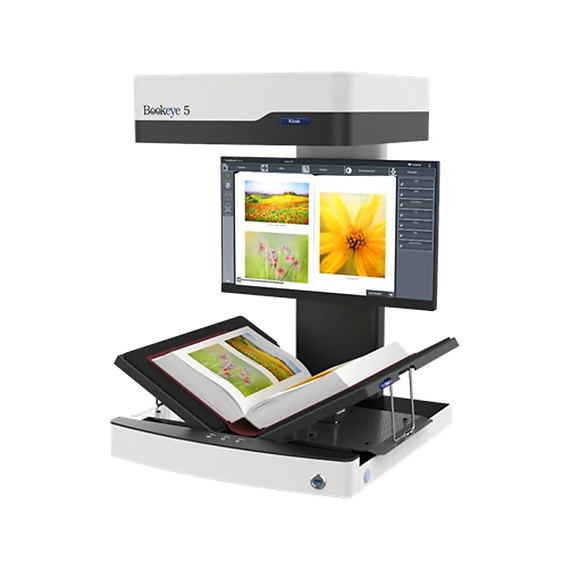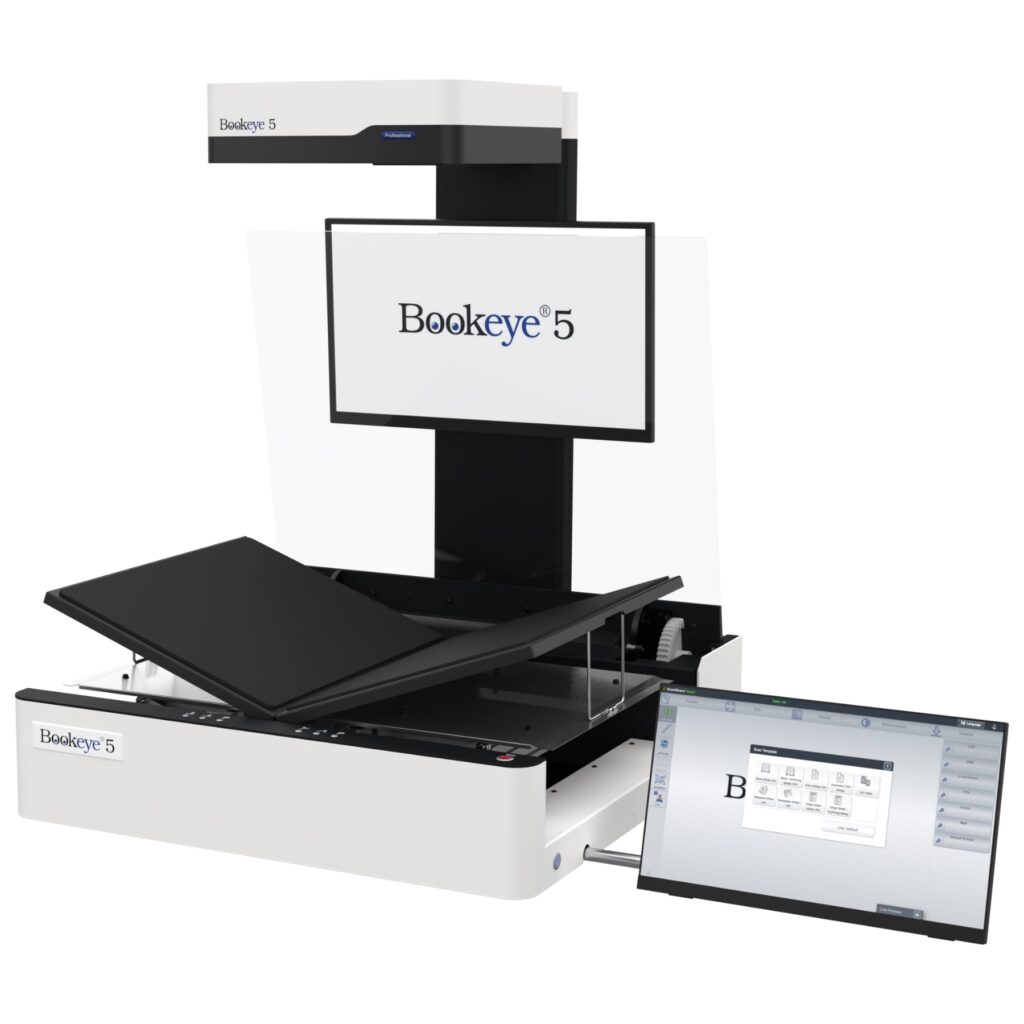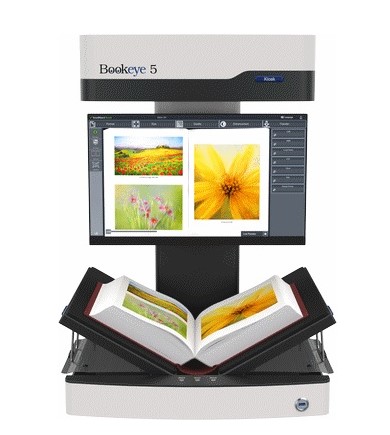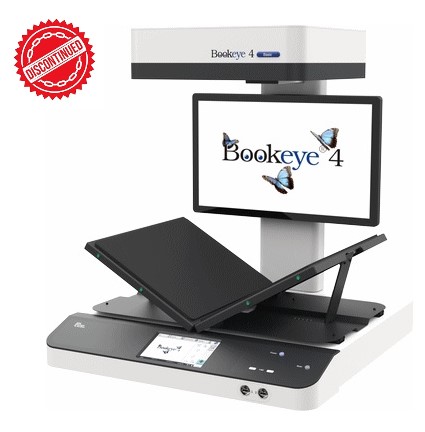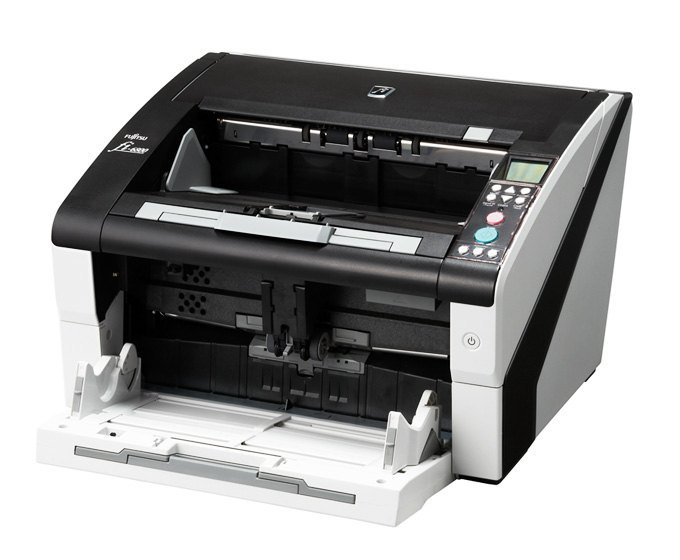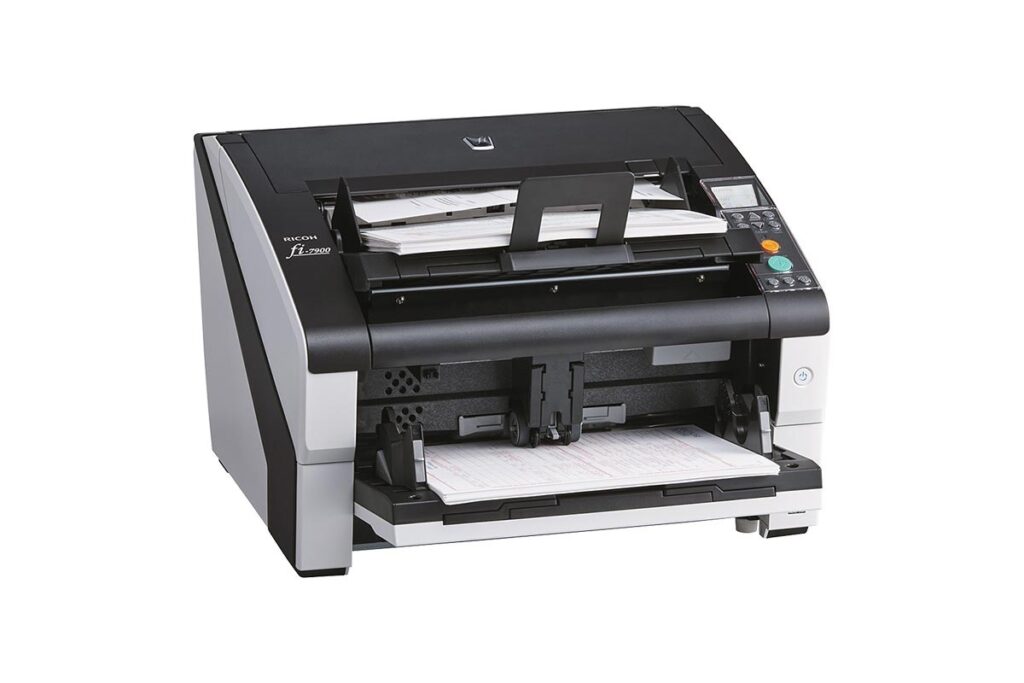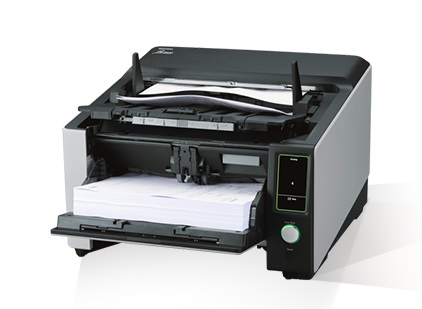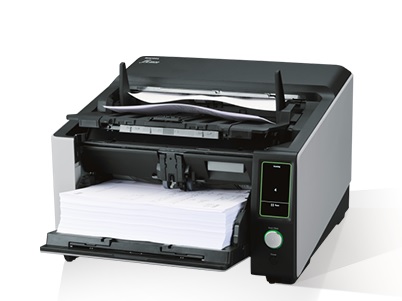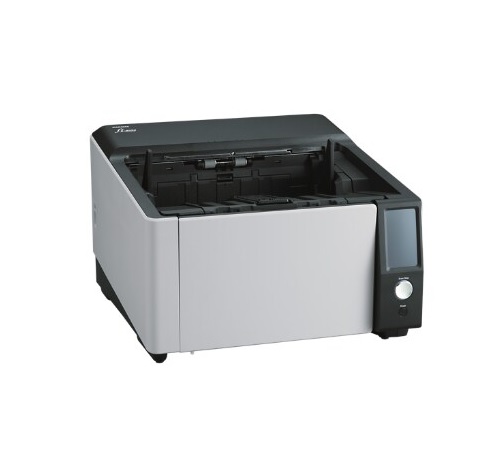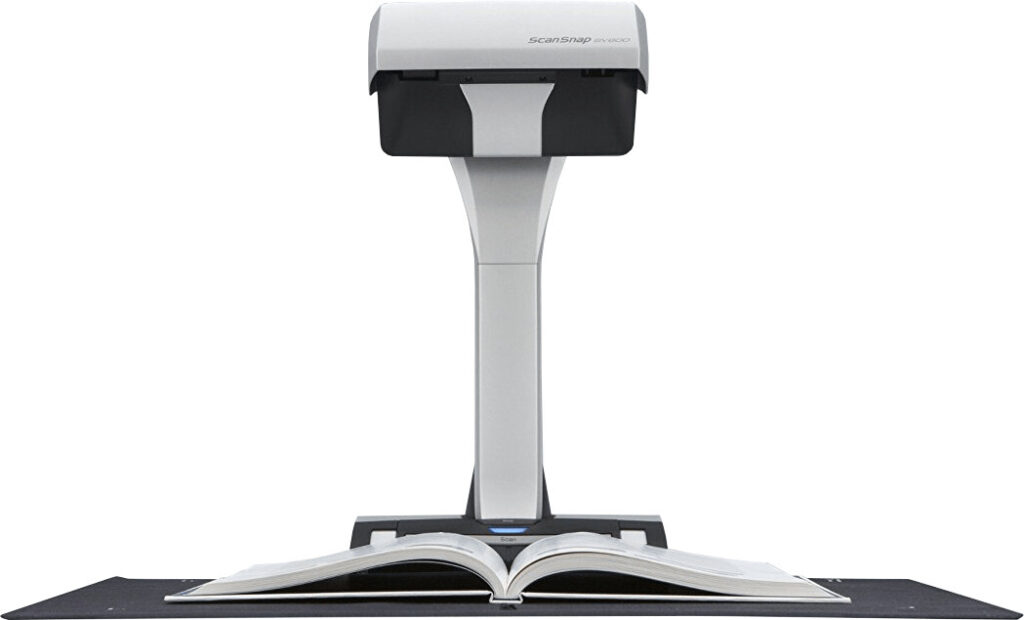Government Sector
Government Sector
In the government sector, document scanners are critical for efficiently managing vast amounts of paperwork, such as citizen records, permits, and official correspondence. They help agencies digitize and archive documents securely, improving accessibility, reducing physical storage needs, and enhancing service delivery. Scanners also support transparency initiatives and ensure compliance with data protection regulations.
- Efficient Document Management
- Improved Security and Data Protection
- Faster Access and Processing
- Cost Reduction
- Enhanced Compliance and Audit Trails
- Better Collaboration and Efficiency
- Public Transparency and Citizen Access
- Streamlined Public Services
- Enhanced Record Retention and Long-Term Archiving
- Fraud Prevention and Integrity
Government agencies handle vast amounts of records, including citizen information, permits, licenses, and legal documents. Scanning physical documents and storing them digitally makes document retrieval, categorization, and archiving far more efficient. This reduces physical storage needs and ensures quicker access to critical documents.
Sensitive government documents, like personal identification data, legal agreements, or financial records, require high levels of security. Scanning documents allows for encryption and controlled access, ensuring sensitive data is well-protected. Additionally, digital files can be backed up regularly, providing additional protection from physical damage or theft.
By converting physical files to digital, employees can instantly access, review, and process documents remotely. This significantly speeds up decision-making and service delivery, allowing government agencies to respond quickly to public inquiries, process applications, and make important decisions.
Digitizing documents helps eliminate the need for physical storage space, filing cabinets, and paperwork. The reduction in printing, copying, and mailing also cuts costs significantly. In the long run, the operational cost savings make scanning a financially sound investment for government agencies.
Many government agencies are required to comply with strict regulations regarding document retention and access. Scanning documents enables agencies to create digital archives that meet these legal requirements, complete with audit trails that track access and changes, ensuring compliance and safeguarding public records.
Scanning documents allows easy sharing across departments, agencies, or between local and national government bodies. This collaborative access to digital records improves workflow efficiency, enabling faster decision-making and coordination, especially on complex public sector projects.
Scanned documents can be made publicly accessible, providing citizens with easier access to public records, such as meeting minutes, policy documents, or legal filings. This fosters transparency, accountability, and trust between the government and the public.
Many government processes, such as issuing permits, processing applications, or handling claims, rely heavily on documentation. Scanning allows these processes to be streamlined, cutting down on delays and improving the overall speed of service delivery. Digital records are more easily shared and processed, speeding up approvals and responses.
Government agencies often need to retain records for extended periods. Scanning documents makes long-term retention easier, more secure, and more accessible. Digital archives are less prone to physical degradation, ensuring that records remain intact and retrievable for years to come.
Scanning and digitizing documents helps reduce the chances of fraud or document tampering. With digital records, it’s easier to track access and modifications, creating an audit trail that can deter fraud or mishandling of sensitive information. This ensures the integrity of government records and reduces the risk of legal disputes.
Additional Resources
Document scanners are invaluable tools in the government sector, improving efficiency, security, and compliance while reducing costs. By transitioning to digital records, government agencies can provide better public services, enhance transparency, safeguard sensitive information, and streamline operations, ultimately making government services more accessible and responsive to the needs of citizens.

